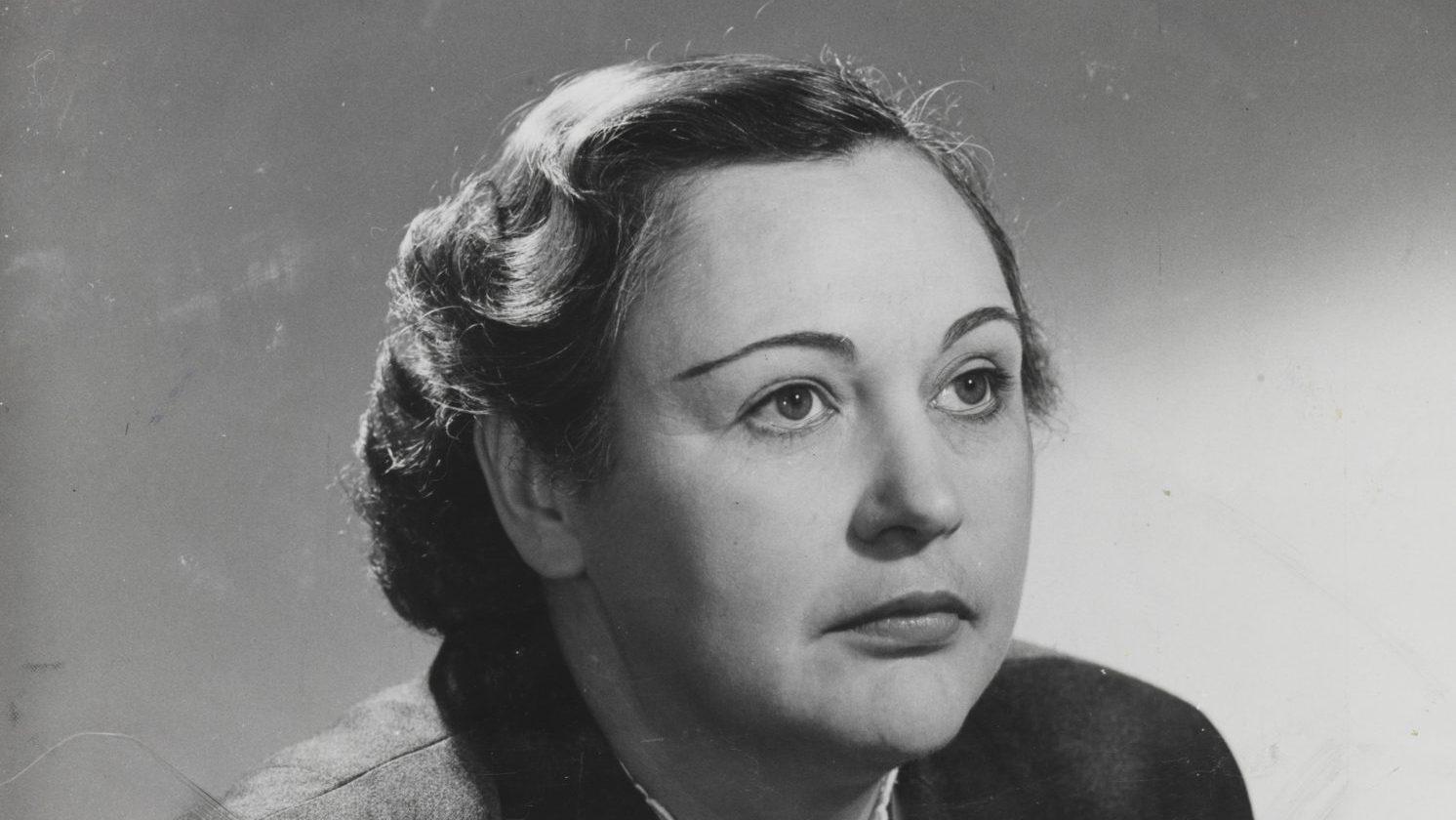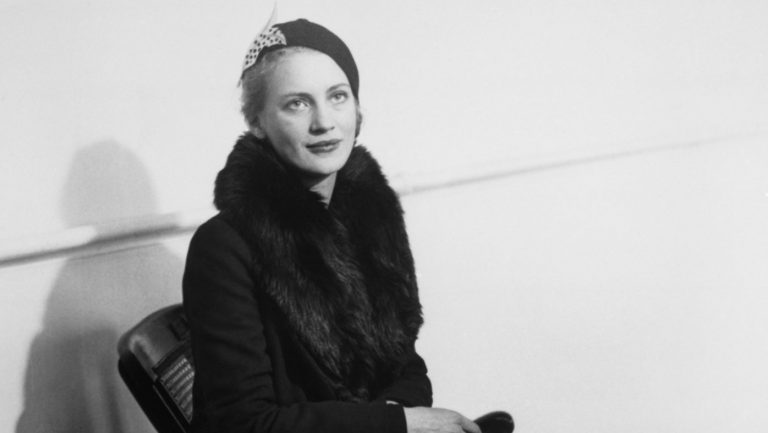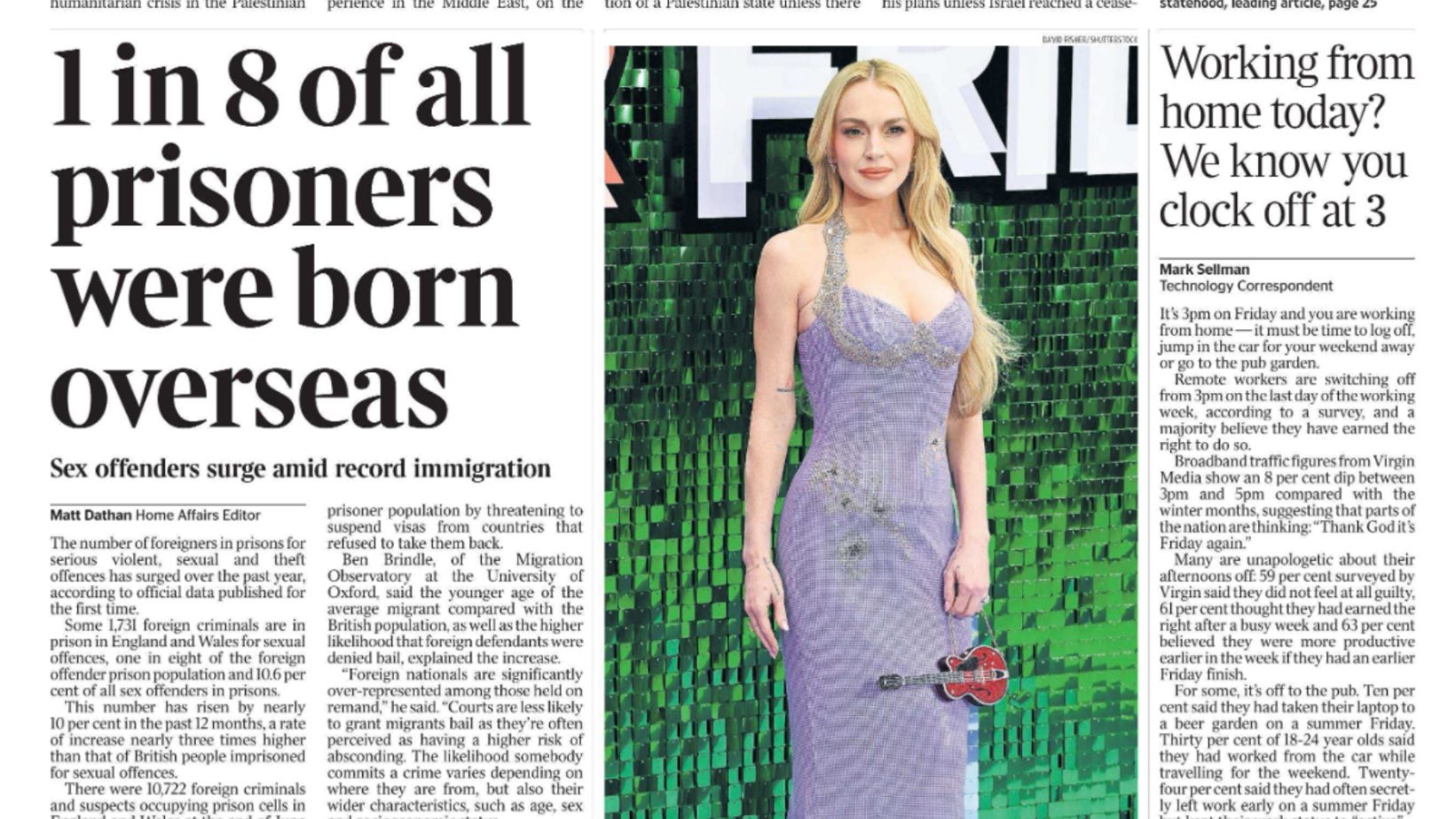It was a sight so surreal, so perverse, so vile, that it changed the course of Nancy Wake’s life. And in small but significant ways, it would change the course of the second world war.
In 1938, Wake was a Marseille-based journalist from New Zealand writing a story on Austria after the Anschluss. “There was a beautiful town square,” she remembered. “The Nazis had the Jews on a big wheel going around, maybe a dozen of them, and they were whipping them.
“People have often asked me how I came to work against the Germans. It was easy. It was in Vienna that I resolved that if I ever had the chance, I would do anything, however big or small, stupid or dangerous, to try to make things more difficult for their rotten party. More than hatred or anger, I felt a deep loathing for the Nazis.”
So it was that when Nazism came to her adopted home two years later, the woman from Wellington wept for days at the fall of Paris, but chose not to retreat to the safety of London when it was offered. Instead, she joined the French resistance. “I don’t see why we women should just wave our men a proud goodbye and then knit them balaclavas,” she once said.
Nancy’s life in the “army of shadows” couldn’t have been further removed from her upbringing in the wealthy suburbs of Wellington and Sydney, Australia. Put off domesticity for ever by a spell at the North Sydney Household Arts School, she ran away to train as a nurse, before using a small inheritance to travel to New York and then on to London.
A self-trained journalist, Wake finally settled in Paris, where she found work with a variety of Hearst Corporation titles, one giving her the life-changing Vienna assignment. By then, she had fallen in love with Henri Fiocca, a businessman as successful as he was handsome. Married in 1939, their cosy life in Marseille was less than a year old when the Nazis crossed the Rhine.
Nancy was initially involved in the Pat O’Leary line, a sort-of “underground railroad” used to smuggle stranded allied forces out of the country over the Pyrenees. When that network was finally blown after 16 crossings, she had to take the same route to London.
It was the first of several near-misses that would lead to Wake’s most famous nickname (in resistance circles, she was also known as “Madame Andrée” and “the Witch”). As her biographer Peter FitzSimons explains: “The Gestapo didn’t know who she was. They’d heard of this beautiful woman who, whenever they had her cornered, would somehow disappear and escape, and so they called her the White Mouse.”
Impressed by her service record, the Special Operations Executive set about training Wake in the art of blowing up bridges and killing enemy combatants with her bare hands.
She put these skills to use after being parachuted into the Auvergne in the spring of 1944, helping to sabotage infrastructure and ambush supply convoys that could aid the Nazi retreat following the long-anticipated allied invasion.
She trained resistance fighters, prepared explosives and collected weapons and ammunition dropped by the allies over occupied territory. On one occasion, she cycled 300 miles across Nazi-occupied France without papers to bring back a fresh set of radio codes.
Death was a frequent companion. Wake was involved in the bombing of a Gestapo HQ in Montluçon – killing dozens, she said – and won admiration for ordering the death of a female Nazi agent. She killed a guard with her bare hands to prevent him from raising the alarm during one sabotage raid. “They’d taught this judo-chop stuff with the flat of the hand, and I practised away at it,” she said. “This was the only time I used it – whack – and it killed him all right. I was really surprised.”
Victory proved hollow for Nancy Wake. After the liberation of France, she learned that in seeking to snare the White Mouse, the Gestapo had tortured her husband to death. Distraught, she lost herself in postwar security work for the British Air Ministry and assorted, unsuccessful, runs for political office in Australia.
Wake’s relationship with the Antipodes grew increasingly strained. Indeed, while the French, Americans and British heaped awards upon her –including the George Medal and the Croix de Guerre –she wasn’t made a Companion of the Order of Australia until 2004.
Wake’s response to all this was to live out her final years in relative luxury in the Stafford Hotel in London, St James’s Place. A regular at the bar to such an extent she had a special seat made for her, her presence gave Britain one last chance to express their gratitude with the then Prince of Wales picking up her tab when her funds ran dry.
Although she had hoped to die in residence, Wake would pass away in Kingston hospital at the grand old age of 98. Visit the Stafford today, however, and you’ll find signs of her, including a painting of a white mouse in the atrium. It’s not easy to find but then, as the Nazis knew only too well, neither was Nancy Wake.




